Promotion of Vietnamese Mechanical Industry Development
“The mechanical industry is the key, the foundation and the force in developing the national industry in contribution into the economy restructuring and labour capacity increasing…” stressed by Deputy Prime Minister Trinh Dinh Dung in his speech at the Conference on promoting solutions for Vietnamese mechanical industry development held on last September 24th.
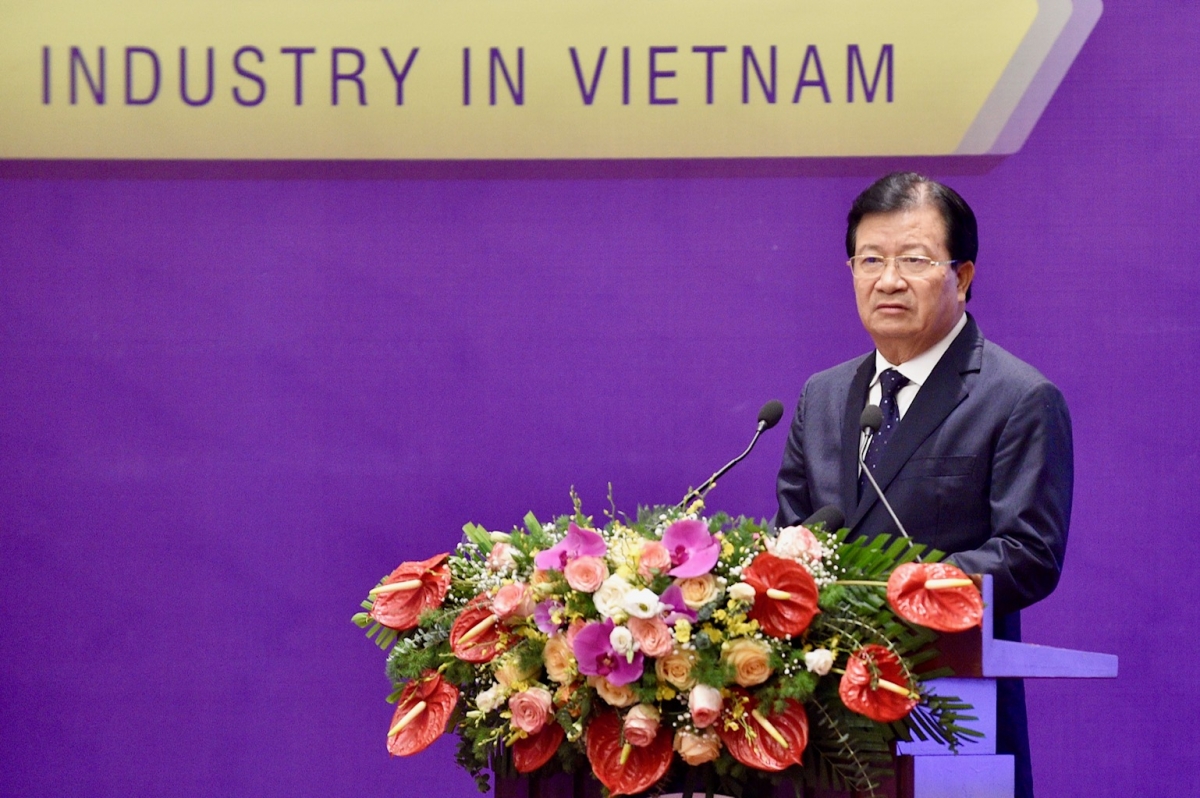
Deputy Prime Minister Trinh Dinh Dung Opening addressing speech at the Conference.
Aside from the achievements, the limitations so far had still been remained within Vietnamese mechanical industry, of which more decisive encounter required not only from the enterprises, associations but also from the steering role of the Government, the Ministries, relating departments and local organs in developing the mechanisms and policies for convenient environment as well as mobilising resources for the mechanical industry generally in the future, He also said.
The domestic market for mechanical industry has not been protected
The Commerce and Industry Misnister Tran Tuan Anh addmitted that the national mechanical industry had been being in slow development and limitations - existing. There had still not been any regional and global level mechanical enterprise acting the guiding and leading role in Vietnam. Most of the national enterprises were small-sized, low technological, lacking of modern equipment and had not yet mastered the complete technological core in mechanical engineering. Therefore, mechanical products just had been met about 32 percent of the domestic needs with few competitive brands in the market. It was able to say that the development of many mechanical manufacturing sub-divisions such as complete equipment, engine, agro-machinery, shipbuilding engineering, construction engineering, automobile engineering, … had gained less good results in comparison to that proposed in the development strategy of Vietnam’s mechanical industry in 2002, especially the qualification of mechanical engineering (as the pole of industrial production) was backward from two to three generation steps that lead to the limitation of value quantity increase in domestic mechanical industry.
The cause of the above fact was due to firstly the enterprises themselves, and then the less effective management of the State. Although the development strategy of Vietnam’s mechanical industry to the year of 2010, a vision to 2020 had been promulgated by the Government in 2002 and approved by the Ministry of Politics in October 2003, but until 2011 or even 2014, numbers of its policies had just been carried out. Notwithstanding there was still not any unanimousness and synchronousness in policy conduction and performance, for example, the policy on credit priority proposed in the development strategy had been approved in the Decision No. 186/2002/QÐ-TTg since 2002 but few enterprises could had been benefited from this. Moreover, there were not any effective policies been created to protect and keep market for domestic mechanical enterprises especially in procurement and investment projects funded by the State budget. In large projects, the bid criteria required mechanical engineering in many cases were even beneficiary for oversea companies to be awarded bids; and conditions on materials and equipment procurement negotiation used to be disavantaged for the domestic companies, while lacking the specific sanctions applied to the clients that not conformed the Government’s direction on using domestic mechanical products.
Mr. Dao Phan Long - Chairman of the Vietnam Association of Mechanical Industry (VAMI) said: “The domestic market is an important base for developing national mechanical production and able to refer a “national resource”. Vietnam has been importing equipment, machinery and materials costed tens of billions USD everyyear which showed the domestic market rather potential. For many past years, large resources have been also invested by the State to develop many projects on energy; building material production; minerial exploitation; bridge and highway,seaport, irrigation construction… which is considered a significant market for the mechanical industry. As a result of not having effective measures to protect and exploit this market effeciently, the “cake” still largely was fell into the oversea companies’ hand.
Development of policy sticking to the fact
The feature of the mechanical industry is to demand for big fund and low interest rate. Therefore, applying suitable policies is necessary, especially for the domestic mechanical enterprises which are small and medium sized with limited qualification of technology… Doctor Nguyen Chi Sang – Vice-Chairman cum General Secretary of VAMI shared: “With such the large invested project programs on as hydropower plant, thermal power plant, high-speed railway, anti-salt water system, mechanic serving traffic, bridge and highway construction…, there should be a development of a localization process. Regarding the projects using public budget investment particularly, it is necessary to separate the scopes of work only for domestic enterprises that show capability of implementation from the early stage of project preparation. For the bids that domestic enterprises are not able to do, bidding within nationwide with competent and self-reliant technological oversea companies through joint-venture is permitted. Otherwise, the relating authorities like ministries and departments keep implementing seriously the guidelines and policies on mechanical development, especially conforming the Decision No. 1791/QÐ-TTg issued by the Government on localization of mechanical production for thermal power plant. For particular, Quynh Lap 1 Power Plant Project is the pilot one for this localization mechanism stated in the Decision of which the fund for implementing is proposed to be guaranteed by the Government. Moreover, during the implementation, a mechanism for surpervising the clients’ conformation of Bidding Regulation Law is required in order to avoid supplying cheap and low quality of products by bidders, and the evaluation rate of bid upon the quality and origin of equipment and goods is also required to apply”.
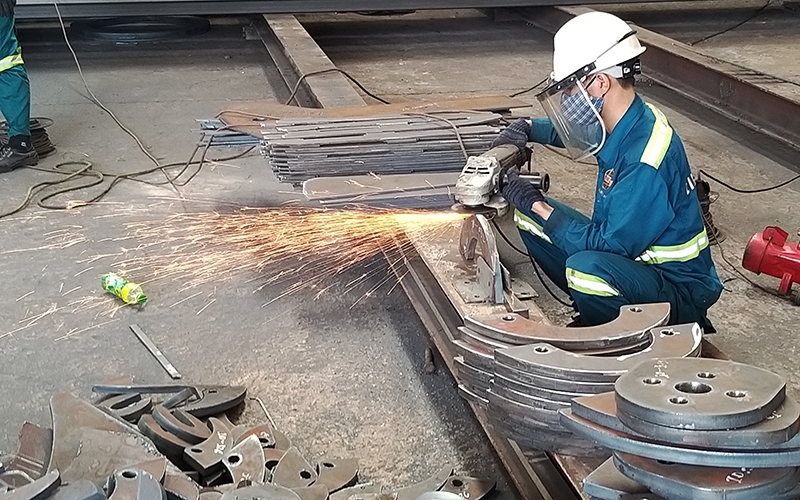
Mechanical manufacturing at Lilama 18 company’s factory.
Sharing the viewpoint of Mr. Sang, President of Lilama Corporation Le Van Tuan also said that, giving the mechanical work from national projects was the utmost necessity for domestic enterprises which shall supports to create resources for development of the national mechanical industry. Besides, a policy of tighting labour management is also necessary. He cited the project on A/U Fertilizer Plant being performed by LILAMA in Brunei for illustration and said: During the execution of this project, Brunei as the host had critically surpervised Vietnamese labourers sent by LILAMA and forced LILAMA to use at least 10% their local labourers. With a rich resource of labourers like Vietnam, a demand of promulgating a policy of quotation and lisences granting for well-skilled workers to work oversea should be formed, at the same time the remains who had not yet been met the requirement on qualification and experience should be tightly managed to maintain jobs in the domestic market.
According to most of the experts and guests attending the conference, the State should have specific policies to develop the national mechanical industry. Mr. Dao Phan Long – Chairman of Vietnam Association of Mechanical Industry gave request in his speech that the Government should have an advising and supporting organ in directing and managing the mechanical industry of the whole country like the Steering Committee of Mechanical Key Program by the Government which had worked efficiently before. Besides, there was a demand for supplementing policies and measures to maximumly control the import of machinery, complete production line, transportation means, second-hand product in order to protect the domestic consumption. In other way, new supporting and priority policies should be kept issuing by the Government such as: free import tax to materials, inputs, equipment facilities in service for manufacturing machinery and equipment instead of importing; amending suitable income tax rate for the enterprises of prior mechanical manufacturing such as agricultural and food processing machinery; to set the tariff barrier for inside-country mechanical engineering which met the relevant quality of the imports; or no application of special consumption tax on automobile accessories and spare parts using for manufacturing domestically, or no application of import tax to the material, inputs and accessories using for producting domestic spare parts.
After listening to all speeches and opinions by experts and enterpises’ reprentatives at the conference, The Prime Minister Nguyen Xuan Phuc expressed his appreciation that these were really precise and devoted requests which shall make a great help to the national mechanical industry. Mr. Phuc also directed The Minister of Commerce and Industry to take note all the opinions given by representatives and experts and then preside and co-ordinate with relating departments to reseach, develop and complete new decisions on mechanical industry development under the Government for submission till the end of this year, while appealling investors, domestic enterprises and oversea companies who are working in mechanical industry to make greater efforts, proactively invest, apply technologies of science and advanced management aiming at raising power of competition up. The Government and The Prime Minister himself shall accompany with enterprises to make a new break out in the development of mechanical industry in contribution for fulfilling the target of industrialization and modernization of the country.
The biggest chance for developing the Vietnam mechanical industry is that the Government should have a specific strategy to keep the domestic market for the state enterprises to be self-developed, especially that of infrastructure construction. If this market falls into the oversea companies’ hand, it is very difficult for our enterprises to develop. Because in fact, almost the enterprises inside the country still own backward technology, small capital, weak management, and shall meet disadvantage when competing with the oversea companies on their hosted playground. Le Van An President of Agrimeco Because the recycled power which is mainly solar power (accounting for 80% power production) is based on completely the weather, so the national power system must have the stand-by power source and the thermal power is still a efficient solution. Presently, there are many critical opinions on coal thermolelectricity which causes environmental pollution but it is not fully true. According to the forecast to the year of 2030, all the coal thermal power plants shall emit about 17 million tons of thermal ash which could be thoroughly treated to reuse as material for building, traffic roads, additives for cement production. At the same time, environmental co-efficients from coal thermolelectricity all meet the standard regulations on environment protection. Associate Professor Ph.D Trương Duy Nghĩa Chairman of Vietnam Technical and Scientific Associate |
Reported: By Xuan Viet (People’s Newspapers)


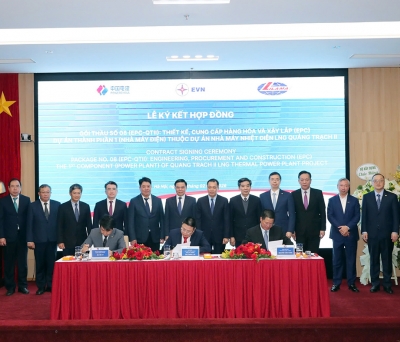
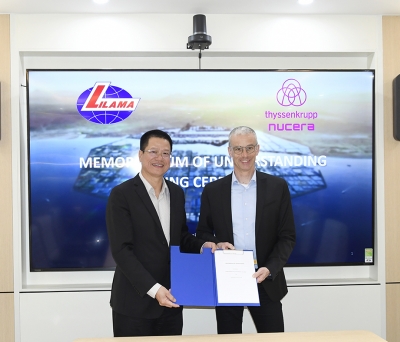
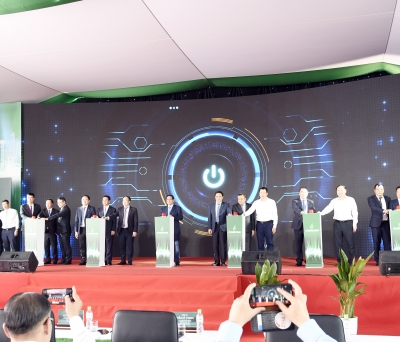
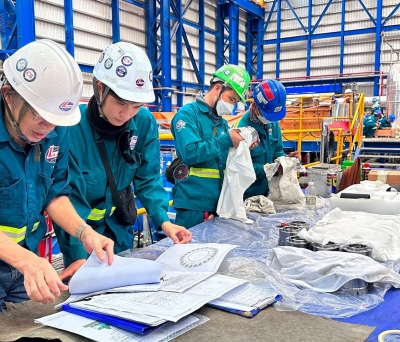
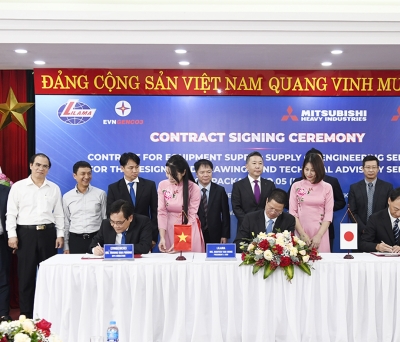
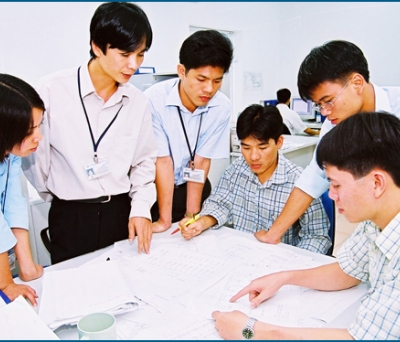
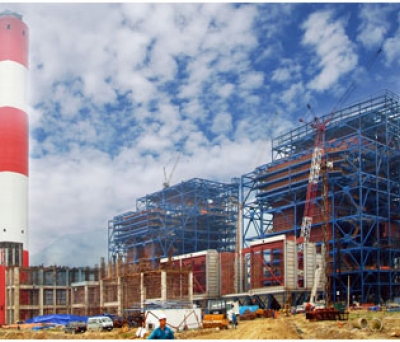
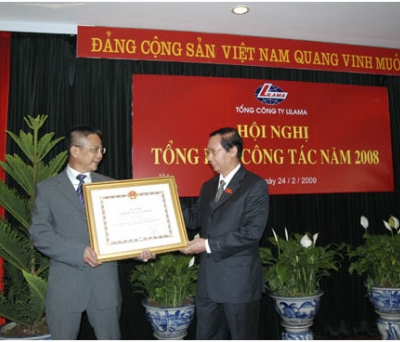
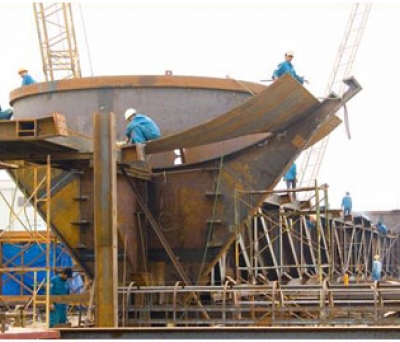
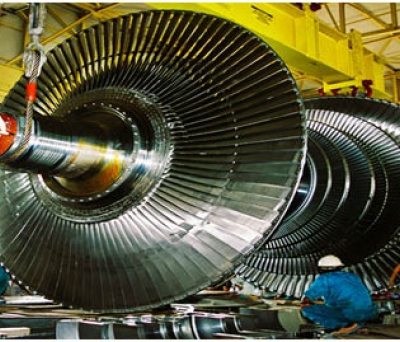

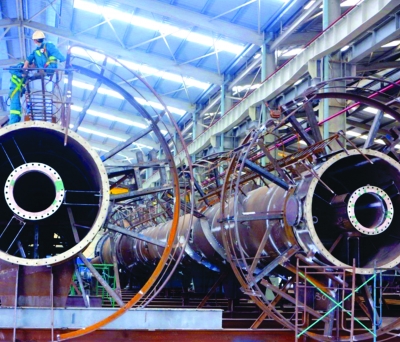
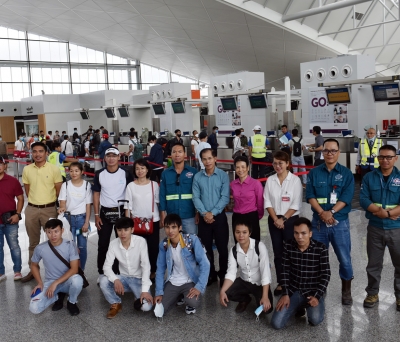
Minimum of 10 words Accented Vietnamese Does not contain links
Post a comment